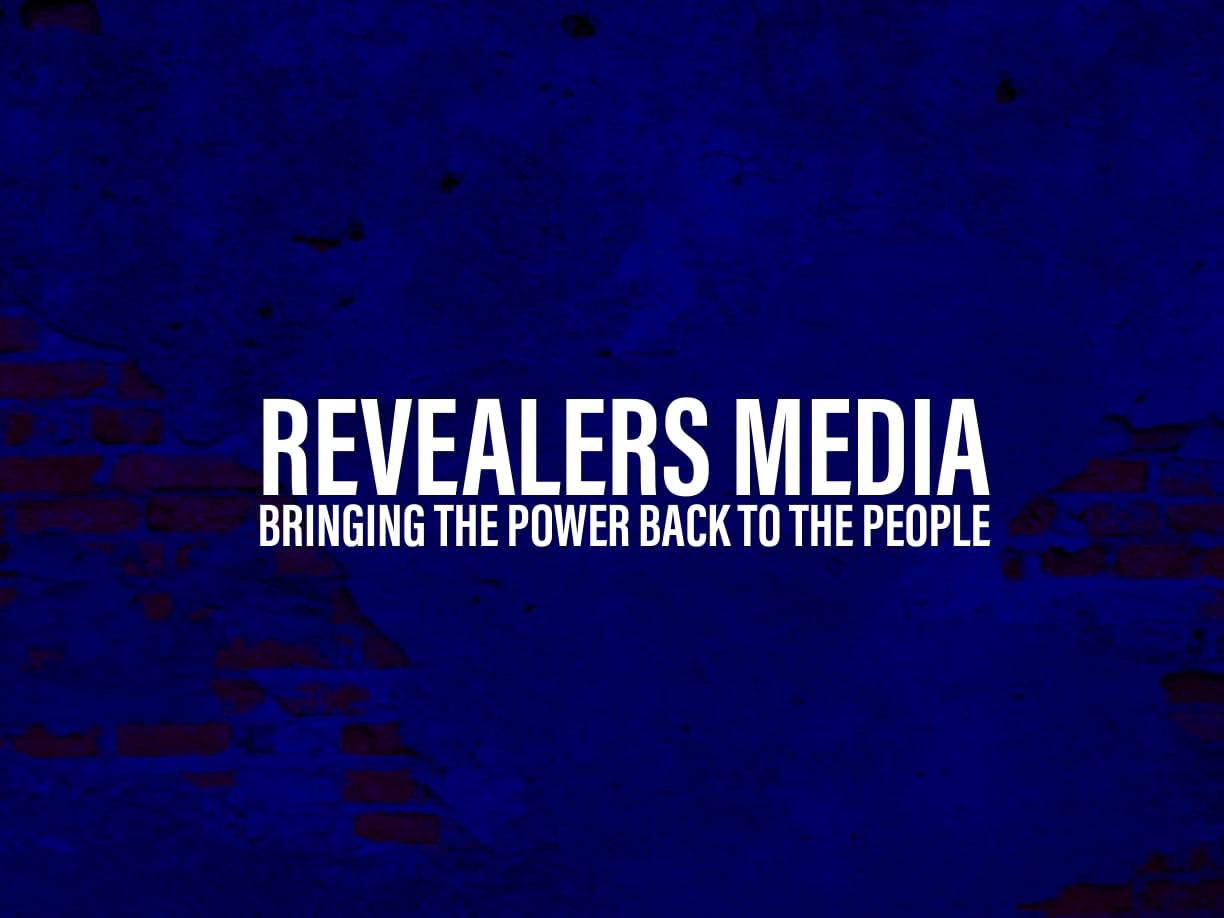Overcoming Human Challenges in Society: Strategies for a Better Future
In this article, we explore the pressing challenges faced by humans in today's society and provide actionable strategies to overcome them. From tackling economic inequality through progressive taxation and investment in education to promoting social inclusion through inclusive policies and equal access to resources, we delve into practical solutions. Additionally, we highlight the importance of addressing environmental sustainability through renewable energy adoption and waste reduction. By implementing these strategies, we can pave the way for a more equitable, inclusive, and sustainable society.
Humans nowadays face a variety of social difficulties that might impede advancement and well-being in a world that is continually evolving. Addressing these problems is crucial for building a better future, from social issues to environmental concerns. We'll look at some of the most important issues facing people today and offer solutions in this post. By putting these ideas into practice, we may create the conditions for a happier and more affluent society.
Tackling Economic Inequality :
Economic inequality is a serious issue that has an impact on societies all over the world. It can cause social instability and impede general progress when money is concentrated in the hands of a small number of people. Governments and organizations must concentrate on measures that support equitable wealth distribution in order to address this problem.
The implementation of progressive taxation systems is one of the main techniques for addressing economic inequality. Governments can build a more fair society by levying higher tax rates on the wealthy and redistributing the income to fund social services, healthcare, and education. With this strategy, it is ensured that individuals with better incomes support others who are less fortunate and contribute proportionally more to society progress.
Another crucial component of eliminating economic inequities is investing in high-quality education and job training.
In order to reduce economic inequality, it is also essential to support small enterprises. Small and medium-sized businesses (SMEs) frequently serve as the foundation of economies by creating job opportunities and fostering community growth. To encourage SMEs and foster a more varied and inclusive business climate, governments might provide incentives and support programs.
Promoting Social Inclusion:
Social inclusion is crucial for building a strong and resilient society. Discrimination based on racial, gender, religious, or economical grounds can obstruct progress and sustain social divisions. Communities must promote diversity, equality, and respect for all people in order to foster inclusion.
One of the most important steps in resolving social concerns and promoting inclusiveness is to promote open communication. Communities should establish safe spaces where individuals may freely share their ideas and worries without worrying about discrimination or judgment. Through this conversation, various viewpoints and experiences can be better understood, fostering greater empathy and social cohesiveness.
It is crucial to put inclusive policies into practice at both the institutional and governmental levels. This includes laws that support equality of opportunity and safeguard the rights of underrepresented groups. Societies can guarantee that everyone has an equal opportunity to succeed by removing obstacles to accessing resources and opportunities.
Social inclusion depends on everyone having equal access to resources like housing, healthcare, and education. Governments and organizations should endeavor to close access gaps and offer assistance to people in need. This can include attempts to provide cheap housing, inexpensive healthcare, and scholarships and grants for students from disadvantaged backgrounds.
Addressing Environmental Sustainability:
Protecting the environment is one of the most important tasks we have. Our ecosystems and future generations are at danger due to resource depletion, pollution, deforestation, and climate change. Societies must adopt sustainable methods to reduce these problems.
An important tactic for tackling environmental sustainability is investing in renewable energy. The use of renewable energy sources instead of fossil fuels, such as hydroelectric, solar, and wind power, can considerably cut greenhouse gas emissions and fight climate change. To promote the use of renewable energy technology, governments should offer incentives and subsidies.
Another critical component of environmental sustainability is trash reduction and recycling promotion. Lessening the burden on natural resources and lowering pollution can be accomplished by putting in place efficient waste management systems, supporting composting, and encouraging the use of recycled materials.
The protection of biodiversity and the preservation of ecosystems depend on conservation initiatives. Protecting places, encouraging sustainable land management methods, and aiding reforestation projects can all assist.
What's Your Reaction?







































